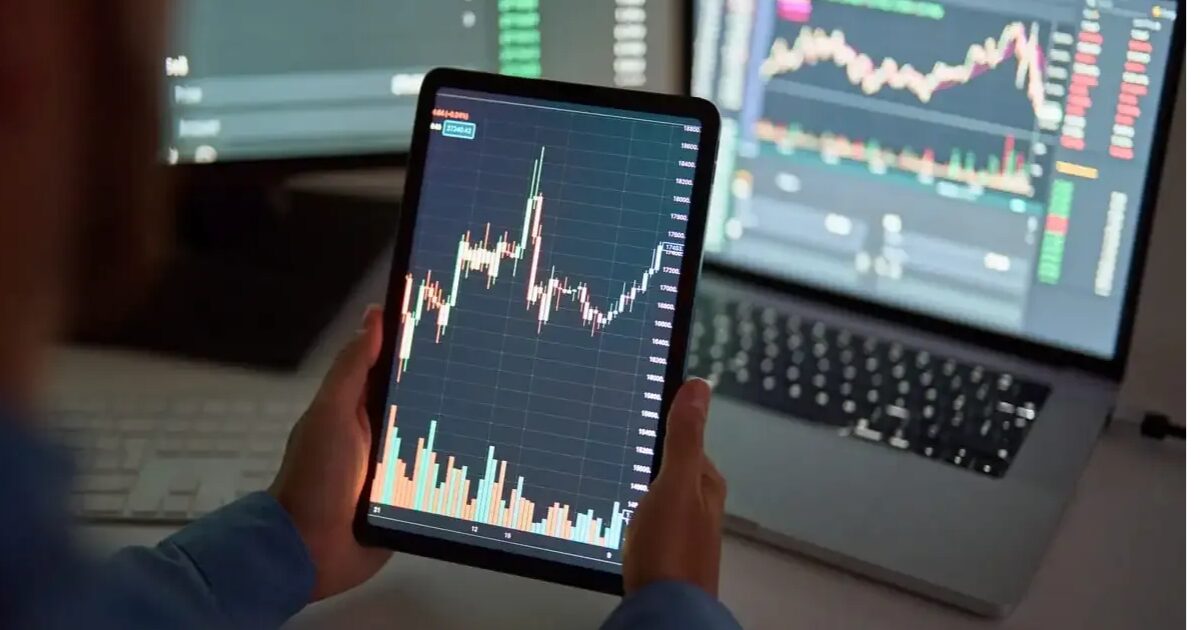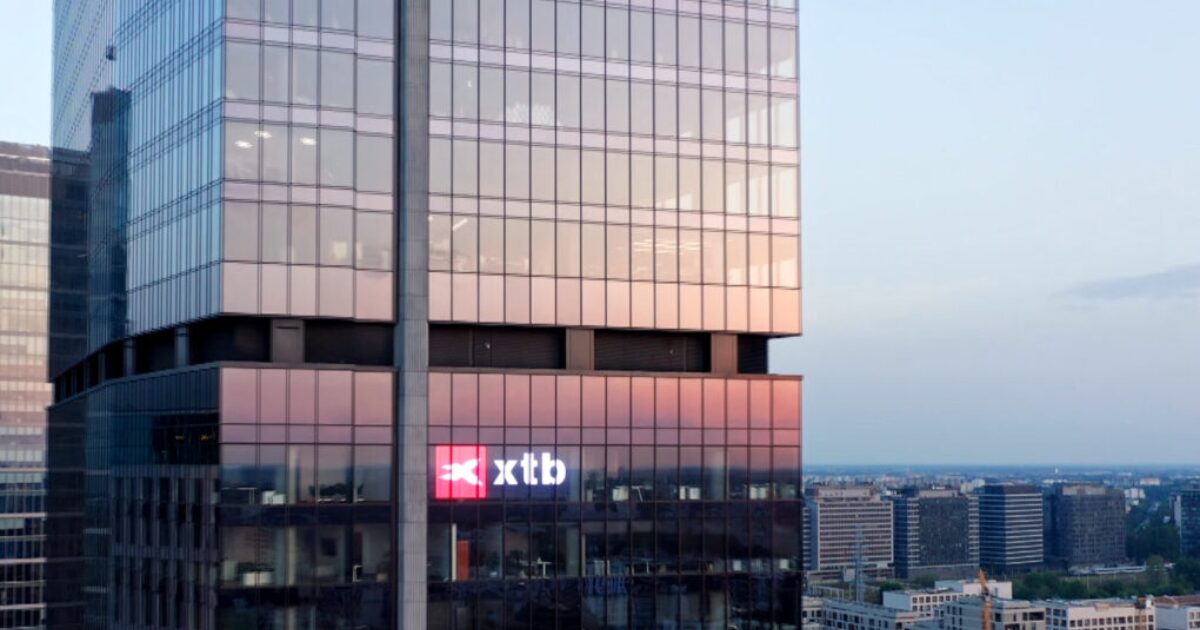Can you Trade Crypto in Jordan?
 Sam Reid Staff Writer
Sam Reid Staff Writer
Cryptocurrency is moving into a new era in Jordan. With the passing of Law No. 14 of 2025, the country now has a clear legal framework for virtual assets, setting the stage for a safer and more transparent environment for traders. For Jordanians who have been following crypto from the sidelines due to uncertainty, this moment marks a turning point.
In this article, we will walk through how trading crypto works in Jordan today, what the new law means for you, how to get started step-by-step, and why choosing a regulated, trusted platform is essential.
Understanding Crypto Regulations in Jordan
Until recently, the Central Bank of Jordan prohibited local banks and financial institutions from engaging with cryptocurrencies. This meant that while individuals could technically own and trade crypto, it was often done through international platforms or peer-to-peer transactions without official oversight.
Law No. 14 of 2025 changes this. The law recognizes virtual assets for payments, investments, and other uses. It sets out the licensing process for Virtual Asset Service Providers (VASPs) such as exchanges, custodians, and payment processors. This brings Jordan in line with global best practices and aligns with anti-money laundering (AML) and know-your-customer (KYC) requirements.
Notably, the law excludes digital securities, digital financial assets, and central bank digital currencies (CBDCs) from its scope. These will be regulated separately.
For traders, the key takeaway is this: once the law takes effect, only licensed platforms will be allowed to operate in Jordan. This will improve consumer protection and help attract fintech investment into the country.
What This Means for Jordanian Traders
If you are in Jordan and want to trade crypto, here is what changes:
-
Clear Legality – Crypto trading is no longer in a grey area. It is officially recognized and regulated.
-
Safer Platforms – Licensed exchanges will have to meet strict operational, security, and compliance standards.
-
Better Payment Options – Once local banks and payment providers receive approval, depositing and withdrawing funds could become faster and more convenient.
That said, until the licensed platforms are fully operational, many Jordanians will still use trusted international brokers that comply with local laws and have strong reputations.
Choosing the Right Crypto Trading Platform in Jordan
With regulation now in place, selecting the right platform becomes critical. You should consider:
-
Regulation and Licensing – Prefer brokers regulated in top-tier jurisdictions and soon, in Jordan.
-
Security Measures – Look for two-factor authentication, cold storage, and insurance policies.
-
Available Cryptocurrencies – Make sure the platform supports major coins like Bitcoin (BTC), Ethereum (ETH), and popular stablecoins such as Tether (USDT).
-
Payment Methods – Check if the broker supports funding through bank transfers, cards, or e-wallets that are accessible to Jordanians.
-
Fees and Spreads – Transparent pricing helps you manage costs.
Two international brokers that Jordanian traders can already use are XTB and Exness.
-
XTB is a global brokerage that offers crypto trading via contracts for difference (CFDs) along with forex, commodities, and indices. It has an easy-to-use platform, educational resources in Arabic, and transparent fees.
-
Exness is known for its competitive spreads, fast execution, and variety of crypto pairs. It also supports funding methods that can work for Jordan-based traders and provides Arabic customer support.
Both platforms are regulated internationally and follow strict compliance standards, making them a safer choice until Jordanian-licensed VASPs are live.
Step-by-Step Guide: How to Start Trading Crypto in Jordan
Step 1: Learn the Basics of Crypto Trading
Before you start, understand the difference between spot trading and derivatives like CFDs. Spot trading means you buy and own the crypto directly. CFDs let you speculate on price movements without owning the asset.
Step 2: Select a Trusted Broker
Choose a platform like XTB or Exness that is available to Jordanian residents, offers crypto pairs, and has a strong compliance record.
Step 3: Open Your Trading Account
-
Go to the broker’s official website.
-
Click on “Open Account” or “Register.”
-
Provide personal details such as your name, email, phone number, and address.
Step 4: Complete KYC Verification
Due to AML requirements, you will need to submit identification documents:
-
A valid Jordanian ID or passport.
-
Proof of address such as a recent utility bill or bank statement.
Step 5: Fund Your Account
Depending on the broker, you may be able to fund your account via:
-
International bank transfer.
-
Debit or credit card.
-
E-wallets like Skrill or Neteller.
Always confirm any applicable fees before depositing.
Step 6: Choose a Cryptocurrency
Popular choices include Bitcoin (BTC), Ethereum (ETH), and stablecoins like Tether (USDT), which is widely used in the region due to its price stability.
Step 7: Place Your Trade
Decide whether you want to buy or sell. For example, if you think Bitcoin’s price will rise, place a buy order. If you expect a drop, place a sell order if trading via CFDs.
Step 8: Secure Your Holdings
If you purchase actual crypto (spot trading), transfer it to a secure wallet. Hardware wallets provide the highest security.
The Role of USDT in Jordan
USDT, or Tether, is one of the most traded stablecoins globally and is popular in Jordan for cross-border transactions and as a hedge against currency volatility. On many international platforms, USDT acts as a base currency, allowing traders to move in and out of crypto positions without converting to fiat.
With the new law in place, it is likely that licensed Jordanian platforms will offer USDT pairs, making it easier for residents to trade and manage liquidity.
Is Buying Bitcoin Halal or Haram?
This is a question many Jordanian traders ask. The answer depends on the interpretation of Sharia principles. Some scholars consider Bitcoin halal if used for lawful purposes and not speculation, while others view it as too volatile and uncertain to be permissible.
If religious compliance is important for you, consult a trusted Islamic scholar or financial advisor in Jordan before investing.
Platforms for Specific Cryptos like 888 Token
Specialized tokens like 888 crypto may not be available on all major brokers. In Jordan, you may need to use a global crypto exchange to trade such niche assets. Always ensure the platform is reputable and supports secure withdrawals to your own wallet.
Apps Jordanians Can Use to Buy Bitcoin
While Jordan currently lacks licensed local crypto exchanges, international apps such as those from XTB and Exness can be used for crypto CFDs. For spot purchases, many Jordanians use platforms like Binance, Kraken, or Bybit, though funding methods may require international payment channels.
Tips for Trading Crypto Safely in Jordan
-
Start Small – Begin with an amount you can afford to lose.
-
Stay Updated on Regulations – The Jordan Securities Commission will release guidelines on licensed platforms.
-
Enable Security Features – Always turn on two-factor authentication.
-
Avoid Public Wi-Fi – Use secure internet connections for trading.
-
Diversify – Do not put all your capital into one coin.
Jordan’s Crypto Market Outlook
According to Statista, Jordan’s crypto market revenue is expected to reach USD 29.4 million in 2025. User penetration is projected to grow from 7.36% in 2025 to 7.72% in 2026, with nearly 895,000 users expected by then. This growth reflects rising awareness, improved regulations, and increasing fintech adoption.
As Law No. 14 of 2025 takes effect, Jordan is positioning itself to become a regulated hub for virtual assets in the region. Traders who prepare now by learning the rules, choosing trusted platforms, and practicing good risk management, will be well-placed to benefit from this evolving market.
FAQs
Is USDT available in Jordan?
Yes, on most international platforms accessible to Jordanian residents. Local availability is expected to improve once licensed exchanges launch under the new regulations.
Is it haram to buy bitcoins?
Opinions vary. Some scholars see it as permissible if used for lawful purposes, while others consider it too speculative. Consult a qualified Islamic finance expert in Jordan.
Where can I trade 888 crypto?
You will likely need to use a global crypto exchange that lists the token, as it may not be available on standard brokers.
Which app can I use to buy Bitcoin in Arab countries?
Apps from brokers like XTB and Exness can be used for Bitcoin CFDs. For direct purchases, exchanges like Binance and Kraken are popular in the region.
Disclaimer: Remember that investing and trading involves high risk. Always do your own research and never invest what you cannot afford to lose.
 10th Aug 2025
10th Aug 2025










